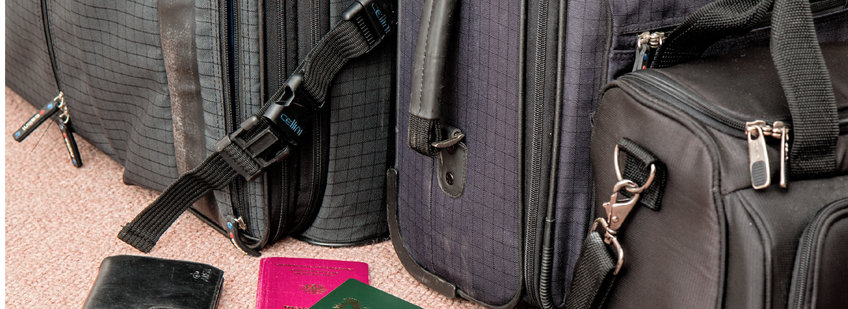
Visa, Passports, and other Documents
Do I need a visa to come and work in Germany? Which other documents should I bring? Here you will find the answers.
Depending on your citizenship, you may need a visa to enter Germany. Visa can be obtained from the German embassy or the Consulate General in your country, but allow approximately two to three months for the application process. Visas for accompanying family members should be requested at the same time.
Who does not need a visa?
- Citizens from countries which have opted in to the Schengen Agreement or apply its regulations at least in part.
- Citizens from Andorra, Australia, El Salvador, Honduras, Israel, Japan, Canada, Monaco, New Zealand, San Marino, South Korea and the United States of America can apply for their visa even after they arrived in Germany.
- Swiss citizens can also apply for a residence card after their arrival.
If you are in any doubt, please consult the list of countries and their visa requirements on the website of the Foreign Affairs Office webpage.
If you need a visa, your next step is to contact the German Consulate to schedule an appointment, at which point they will provide a list of documents that need to be presented. You will find the addresses of the relevant German Consulates and further information at Foreign Affairs Office website. Commonly, a short-stay visa of 180 days will be approved for the initial part of your stay in Germany.
Passport and other documents
Please ensure that you have the right documents before you travel to Germany. A valid passport is essential. For most EU citizens, an ID card stating citizenship is sufficient. If you need a visa and you are travelling with your spouse, you need to bring your marriage certificate and any other related legalization documents (these can be obtained from your authorities). If you will travel with your children, please make sure to bring their birth certificates.
To open a bank account, you will need to show your work contract. At your visit to the medical institutions in Germany, you might be asked for vaccination record, or other specific medical documents, if applicable.
Important documents to bring also include your doctoral certificate, high school education certificates (university entrance qualification), university certificates (Bachelor's degree, Master's degree, academic transcipts).